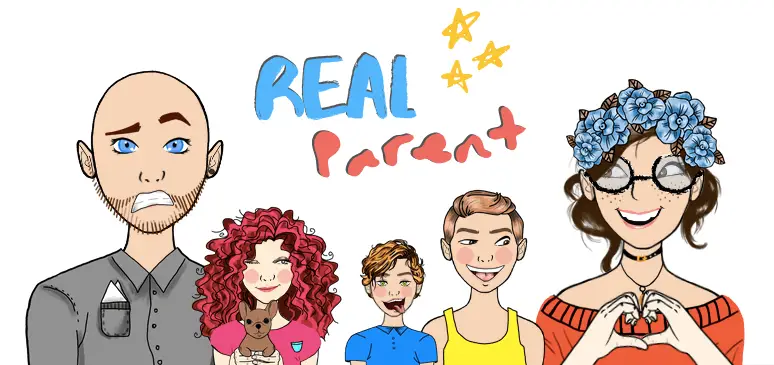Taking care of someone with dementia can be a difficult task. This person may not be able to remember things or take care of themselves, so it’s up to you to ensure they’re safe and comfortable. Here are three things you should know about taking care of people with dementia.
1. Professional Help is Highly Advised
If you’re taking care of someone with dementia, it’s important to get help. Although you may feel fine taking care of this person, your needs are just as important. If you don’t make time for yourself and your activities, you can eventually become ill too. Some people opt for residential care home services to make it easier for themselves and their families. You should allow other family members or friends to step in and give you a break. You might also consider hiring an Alzheimer’s caregiver. This professional can be on hand whenever needed to ensure the person with dementia is safe, comfortable, and has everything they need throughout the day.
2. There Are Several Types of Dementia
Dementia is not one specific disease – it affects people differently depending on what type they have (there are many types ). If you’re taking care of someone with dementia, it’s important to be familiar with how this disease affects them. The sooner you can determine a pattern and notice a decline in cognitive function, the sooner you can bring in a professional or adjust your caregiving routine accordingly.
Why People Mix Dementia with Alzheimer’s and Other Conditions
Some people mix dementia and Alzheimer’s disease. However, these are two distinct medical conditions. Dementia is a broad term that describes a decline in cognitive function due to damage or disease in the brain. Alzheimer’s disease is one type of dementia. With this condition, existing nerve cells die as new ones form due to brain plaques and tangles that develop over time.
3. Memory Loss Is Only Part of Dementia

In addition to memory loss, people with dementia may also have other symptoms such as staggering gait, slurred speech, impaired judgment, and deterioration of language skills. As these symptoms worsen over time, they may indicate that the person is no longer able to live alone safely. In this case, it might be best for them to move into a senior living facility where staff members are trained to look after those who have dementia. In addition to memory loss, other symptoms of dementia include slurred speech, problems with coordination or movement, and personality changes. In the earlier stages of the disease, a person may only have trouble performing certain tasks, such as balancing a chequebook or organising paperwork. Eventually, these activities become difficult, and the person may not be able to take care of himself at all. Also, when people with dementia get upset, they may act out in ways that are dangerous to themselves or others.
When you take care of someone with dementia, it’s important to be patient and understanding. Their cognitive functions are deteriorating every day, so allowing them certain freedoms may help them feel more independent and provide a greater sense of success in their day-to-day activities.
Last Updated on June 30, 2023 by Lucy Clarke






![Spring Capsule Wardrobe Updates with Peacebird and Minipeace [+ exclusive 15% discount code]](https://i0.wp.com/www.realparent.co.uk/wp-content/uploads/2022/03/Peacebird-review-10-150x150.jpeg?resize=150%2C150&ssl=1)